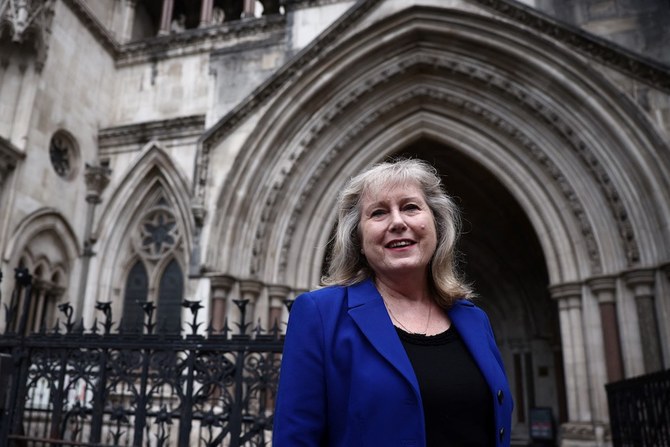In a recent development stirring controversy in London’s political landscape, Susan Hall, the Conservative candidate for mayor, has faced widespread condemnation after downplaying Islamophobic tweets as merely “hurty words.” According to reports from The Times, Hall’s remarks have sparked outrage and criticism from various quarters.
The 69-year-old candidate has been under scrutiny for her social media activity, including endorsing a tweet by controversial media figure Katie Hopkins, which referred to London’s Muslim mayor, Sadiq Khan, in derogatory terms. Hall’s response, expressing gratitude to Hopkins for the tweet, has drawn sharp criticism for its insensitivity towards the Muslim community.
When questioned about the potential impact of her response on Muslims, Hall diverted attention to other issues, specifically highlighting concerns about London’s Ulez charge, an environmental tax on vehicle emissions introduced by Khan. This response has been deemed inadequate and dismissive by critics, including the Muslim Council of Britain, who emphasized the seriousness of Islamophobia and the need for elected officials to address it effectively.
The Muslim Council of Britain stated that Hall’s remarks reflect a troubling hierarchy of racism and called on her to acknowledge and address Islamophobia rather than dismiss it. They emphasized the rising incidents of Islamophobic hate crimes and the responsibility of political leaders to combat such discrimination.
Hall’s mayoral campaign has faced additional setbacks, including the deletion of an online advertisement that misrepresented footage from New York City as London and previous controversies such as her unsubstantiated claim of being pickpocketed on the London Underground.
In response to the backlash, a spokesperson for Hall defended her candidacy, emphasizing her commitment to addressing issues important to Londoners, such as public safety and housing affordability.
The controversy surrounding Susan Hall’s remarks underscores broader concerns about the treatment of marginalized communities and the responsibilities of political leaders in combating discrimination and fostering inclusivity in society.


